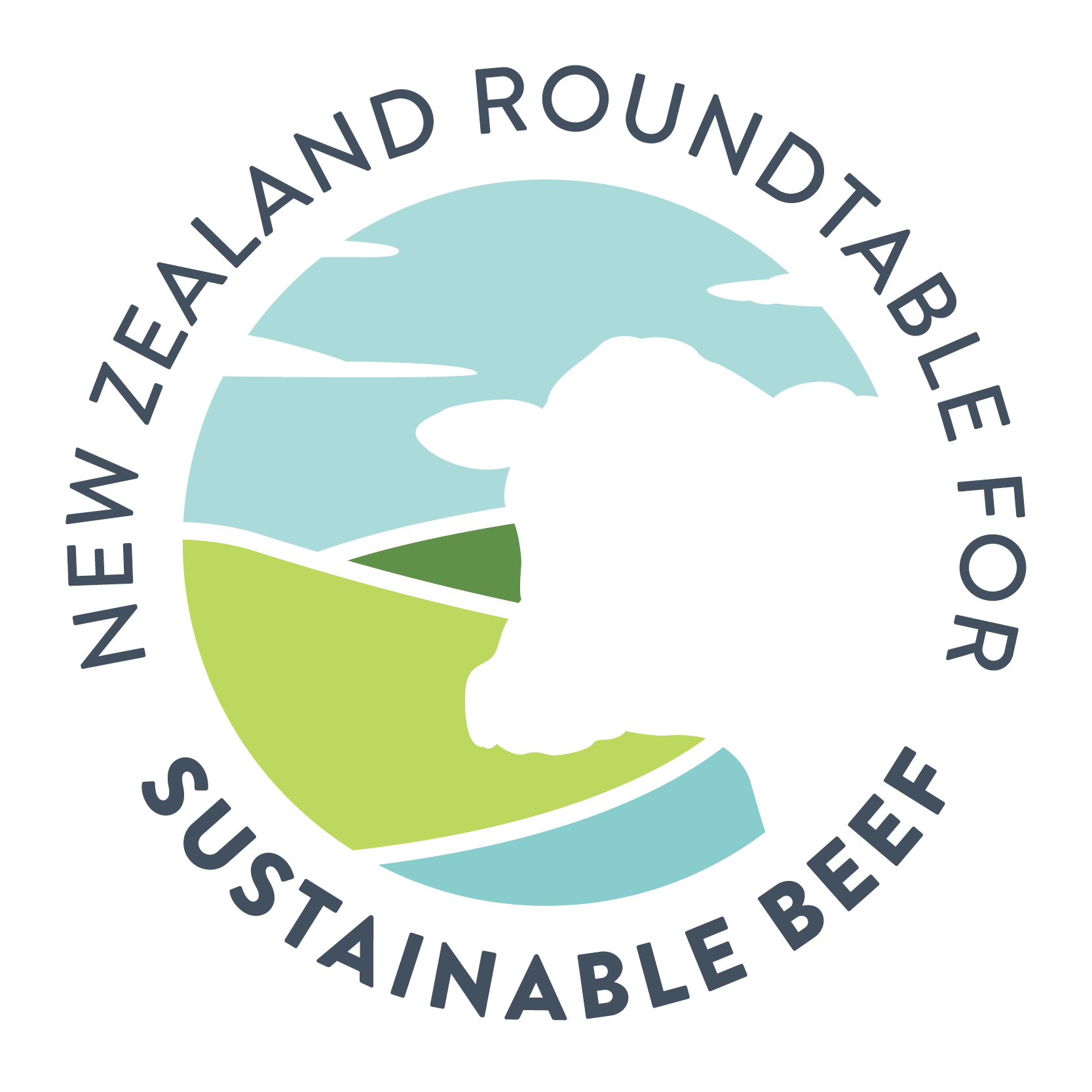NZRSB responds to farming criticisms
Anger was my first response to an article by a New Zealand author that appeared in the UK’s The Guardian criticising the country’s approach to farming and animal welfare, says the newly appointed Chair of the New Zealand Roundtable for Sustainable Beef (NZRSB) Richard Scholefield.
“Philip McKibbin’s article [New Zealand treats animals inhumanely – but it could become a world leader in their rights | Philip McKibbin | The Guardian] felt like a direct attack on me as a farmer and I started thinking about counter-arguments and all the ways urban New Zealand negatively impacts our environment, from pumping raw sewage into the sea and to cities’ effects on urban waterways,” says Richard.
“It’s easy to accuse and point the finger but once I’d calmed down, my overwhelming view is that we’ll make more progress if we all work together on solutions.
“This collaborative approach is at the heart of the NZRSB, where we have players from across the supply chain who leave their egos and agendas at the door and are working together on having New Zealand’s beef recognised as the most sustainable in the world,” he says.
“I recognise there is growing international concern about the impact of producing red meat, but it doesn’t reflect New Zealand farming practice. There’s a reason New Zealand farmers are recognised as world-leading producers of premium products – we’re good at what we do.
“The fundamental approach of most of our farmers, is look after your land and it will look after you. We have the highest animal welfare standards in the world and work hard to make sure our animals have good lives.
“Can we do better? Absolutely. And while I take issue with a number of points in Mr McKibbin’s article we are already making good progress in addressing many of things he raises,” says Richard.
Through He Waka Eke Noa all New Zealand farmers will need to know their greenhouse gas footprint and the next steps will be further measures to reduce it. The sector is well on its way to achieving the goal of being net carbon neutral by 2050; with a 30% reduction in absolute greenhouse gases since 1990.
The industry is also addressing winter grazing issues and implementing farm environment plans.
Recently the industry introduced a new higher audit standard – New Zealand Farm Assurance Programme Plus (NZFAP+) – that features sustainability and biodiversity practices.
“New Zealand farmers do a great job and contribute greatly to New Zealand’s economy. I worry about the impact attacks like Mr McKibbin’s have on the mental wellbeing of our farmers who are constantly under attack. More than 90% of our sheep and beef farms are family owned and many are intergenerational. Looking after the land and animals are at the heart of these farming practices,” says Richard.
“As the general manager of a Maori Incorporation I’m passionate about sustainability. Whangara Farms is here forever so we need to look after it for future generations. Our farming practices back this up.
“Farmers are under pressure and are stretched to the limit trying to do the right thing. Being constantly under attack from the like of Mr McKibbin really gets to people who are setting out everyday to do their best and are proud New Zealand producers of food.
“I’m not sure where Mr McKibbin got some of his information from but Beef + Lamb New Zealand’s Making Meat Better website [Something else to chew on ... | Making meat better] features facts to back up our world-leading practices.”
The New Zealand sheep and beef sector is using 4 million fewer hectares than 30 years ago and collectively these farms contain 24% of the country’s native vegetation – the largest amount outside public conservation land.
“I completely respect the 15% of New Zealanders Mr McKibbin says don’t eat meat – however our farmers are proud producers of food for the 85% who are eating meat and we want to share our story with them,” Richard says.
“There’s definitely more farmers can do, but equally there’s more urban-based businesses and individuals can do too.
“Let’s stop looking over the fence and pointing the finger: a better approach is to work together on solutions.”

